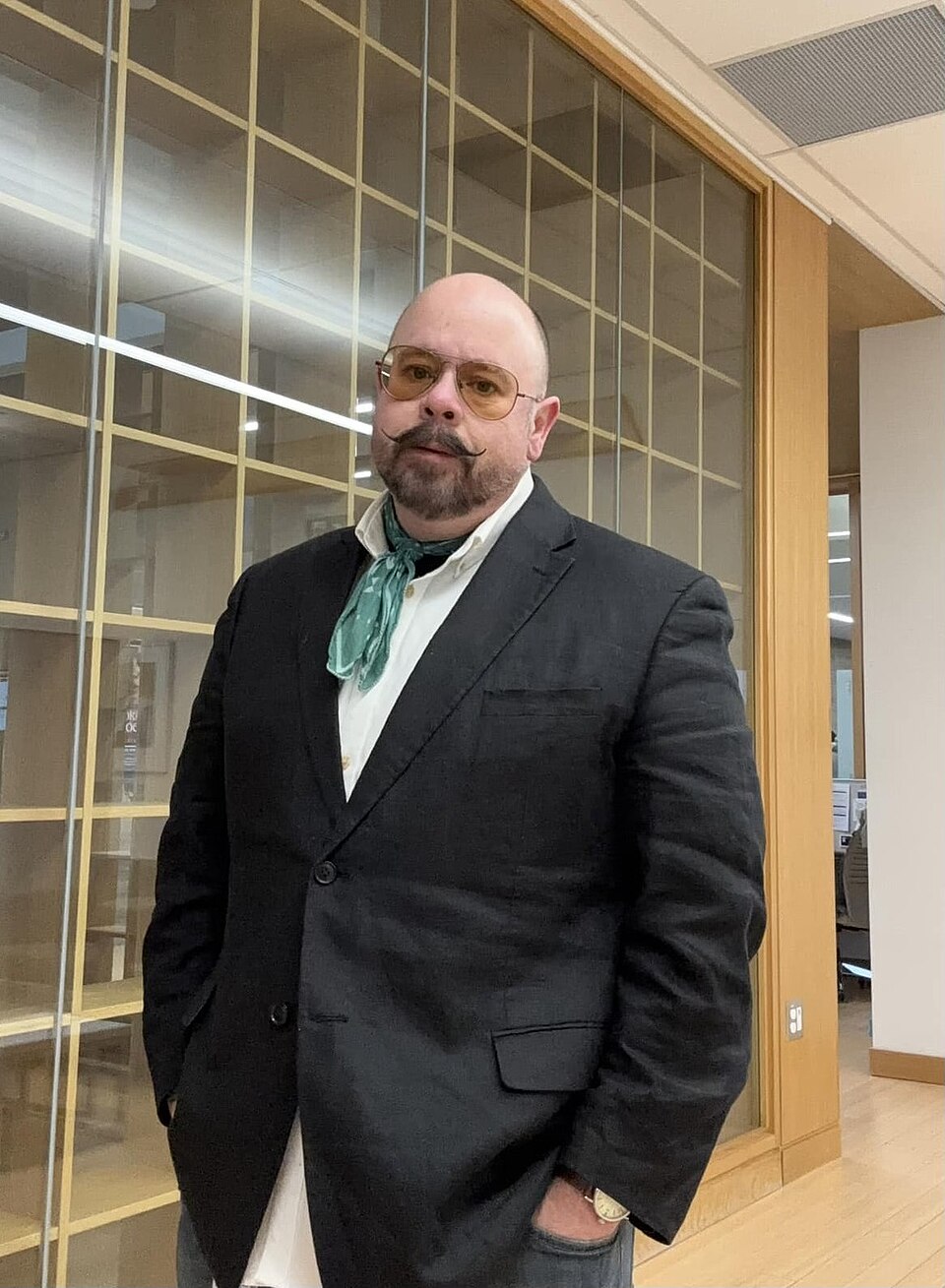Paul Vermeersch, poet and editor (born 17 November 1973 in Mississauga, ON). Few Canadian poets have merged the natural and the man-made with the fluency of poet Paul Vermeersch. His poetry often imports conventions and values from the pastoral tradition into an urban environment, resulting in work that could be classified as "urban pastoral." He has served as poetry editor for both Insomniac Press and Wolsak & Wynn Publishers, and was the founder of the IV Lounge Reading Series, Toronto's most significant regular reading series of the early 21st Century.

The ECW Collections
A graduate of the University of Western Ontario, with a MFA in creative writing. Vermeersch's original ambition was to be an artist, which changed after a year spent teaching English and privately studying poetry in Poland. Upon moving to Toronto he founded the long-running IV Lounge Reading Series, which brought Canadian and international authors to the lounge every two weeks. Vermeersch also became the poetry editor for Insomniac Press (2001 to 2012) and then Senior Editor at Wolsak & Wynn Publishers Ltd (2012).
Vermeersch's own poems started to appear in the late 1990s, and were brought together in his 2000 debut collection, Burn, from ECW Press. Burn showed only some of the intellectual ambition of his later collections, but was amply praised for its narrative skill and striking imagery. It was shortlisted for the 2001 Gerald Lampert Memorial Award for best first collection of poetry in Canada. His follow-up was 2002's semi-autobiographical dramatic sequence The Fat Kid, which gathered episodes from the coming-of-age of fictional adolescent, Calvin Little. It was released amid a wave of books, predominantly non-fiction, that addressed issues of body image, but was unique among them for its choice of medium and for considering the topic through a masculine protagonist.
The McClelland & Stewart Collections
Paul Vermeersch's first collection with McClelland & Stewart, 2005's Between the Walls, saw him pivot from the more personal work of The Fat Kid and Burn to approach the urban landscape as a natural landscape, complete with its own habitats, evolution and niches. Meanwhile, major poems such as "Notes Towards a Lexicon of the Language of the Bear" present the animal experience as a cousin to that built world, intersecting it at occasional moments of translation but also interior, complete and separate. Vermeersch's work can be read as a rejection of the human-centred paradigm of the generation of poets before him. It is also distinct from much Canadian eco-poetry: his work is more secular, and less mystical, than Don McKay or Roo Borson's, and less antic and obtuse than Tim Lilburn's.
A more complete expression of this ethic came in Vermeersch's 2010 collection, The Reinvention of the Human Hand, which is best positioned as a loosening of the borders between Vermeersch's human and nature poems. Its showpiece poems present animal subjects, but do so in concert with their human intersections. "Ape," for example, is a biography of Koko, the gorilla who became famous for learning sign language. Meanwhile, "Three Anthropomorphic Studies for Mel Blanc" is exactly what it sounds like, a series of first-person monologues by Bugs Bunny characters, written in the language of nature documentaries. It may be Vermeersch's most representative poem. The Reinvention of the Human Hand brought Paul Vermeersch his most significant accolade, an inclusion on the shortlist for the 2010 Trillium Book Award.

 Share on Facebook
Share on Facebook Share on X
Share on X Share by Email
Share by Email Share on Google Classroom
Share on Google Classroom


